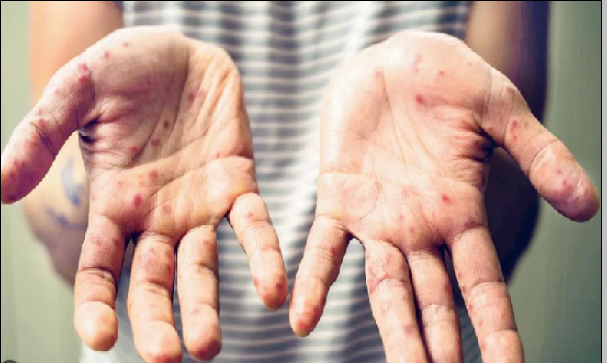Prime
Ask the doctor: How can I avoid infecting others with chicken pox?

What you need to know:
- The disease is most common in children under the age of 10 years where it may cause itchy blisters on the chest, back and face, before it spreads to the rest of the body.
A nurse at school has diagnosed me with chicken pox and told me to go home. However, I am worried I will infect the people at home. What precautions would you recommend? Ketty
Dear Ketty,
We are now experiencing a rainy season with a rise in cases of malaria, coughs, colds, typhoid, mumps and chicken pox in Uganda.
Chicken pox is a highly contagious disease caused by the herpes varicella-zoster virus. The disease is most common in children under the age of 10 years where it may cause itchy blisters on the chest, back and face, before it spreads to the rest of the body. One may also get mild symptoms of fever, tiredness, loss of appetite and headache, among others.
Chickenpox is usually less serious in children than in adults, but thankfully, by adulthood many people have got the infection and have then become immune to it.
People who have suffered from chicken pox may, however, many years after, suffer from shingles (kisipi), a painful rash that develops on one side of the body.
Shingles are contagious and may spread to cause chicken pox disease in those who may have neither ever suffered from the disease nor been vaccinated against it. Adults who have ever suffered from chicken pox are unlikely to get it or shingles by being exposed to someone with chicken pox. Therefore, adults at home are less likely to get sick from either chicken pox or shingles.
Adults, more than children may suffer from more serious chicken pox and this is mostly true in pregnant women or people with a reduced ability to fight germs (immunosuppressed), if they have never suffered from chicken pox. This means that you should not expose yourself to adults at home since you may never know whether they have ever suffered from chicken pox, are pregnant or immunosuppressed.
Anyone who has not had chickenpox or not got the chickenpox vaccine can get the disease. Therefore, your younger siblings may be at risk if you are sent home.
In case of a child in boarding school, it is best to be isolated in the school sickbay until they cannot infect other students. Chickenpox is infectious from two days before the rash appears, until all the blisters have formed crusts (usually five to six days after the start of the rash).
Since you have been told to go home, all young people at home who have never suffered from the disease or been vaccinated must be vaccinated against the disease. The varicella vaccine, though rare in Uganda, can be given, even after one has been exposed to the virus.
To avoid infection, one should keep their fingernails short, which reduces scratching. One should also wash their hands with soap and water often (and after accidentally scratching the blisters.


